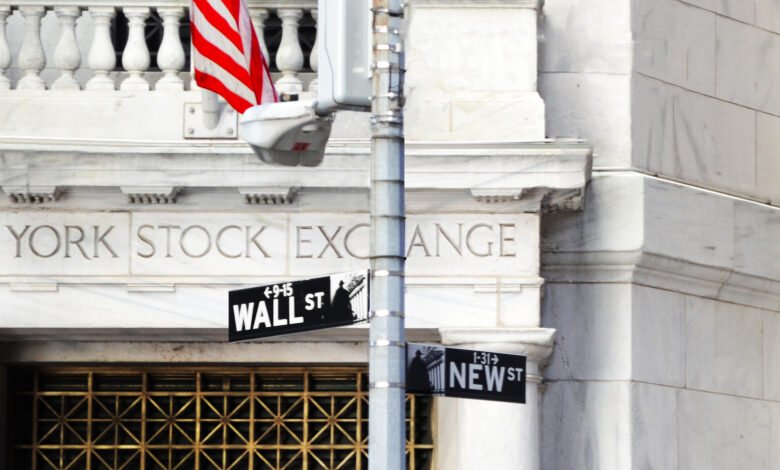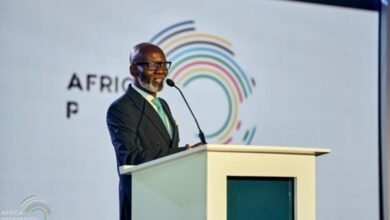Abdel Garraoui : “What Wall Street Couldn’t Teach Me — and Why It Made Me a Stronger Leader”
In a deeply personal reflection, Abdel Garraoui, a former JPMorgan VP, shares what stepping away from global banking taught him about leadership. From New York to North Africa, his story explores the lessons learned far from the boardrooms — in the heart of his family’s olive oil business. By Abdel Garraoui*

Not long ago, I left JPMorgan after more than 15 years in the corporate world of global banking.
In New York, I began my journey as an intern. I spent many years rotating across functions and gaining broad exposure to the firm. Across both sides of the Atlantic, I led multi-jurisdictional programs, supported mini M&A initiatives, owned critical portfolio analytics, and managed both Private Bank and Investment Banking COO initiatives. I had the privilege of working with some of the sharpest minds in the industry.
But the most unexpected leadership challenge of my life wasn’t in New York or London — it was in the MENA region, helping revive my family’s food and olive oil business.
“On paper, it was a bold leap and a major pivot. In practice, it was a priceless opportunity to grow and build on my career momentum”
On paper, it was a bold leap and a major pivot. In practice, it was a priceless opportunity to grow and build on my career momentum.
I didn’t take a break from corporate to step back — I stepped forward into something more raw, more personal, and more real. It was a values-driven decision; a mission-driven initiative — to protect a legacy and prove to myself that I could lead change and strategic initiatives outside the structures of a global institution.
1. Ownership Is the Ultimate Test of Leadership
At JPMorgan, I led teams and workstreams. In a large bank, you operate within a vast matrix of teams, and accountability is often shared and distributed.
“There was no escalation path or safety net”
In a family enterprise, accountability is inescapably yours. Everything was mine to own — strategy, operations, finance, logistics. There was no escalation path or safety net. If something broke, I fixed it. If a decision backfired, I absorbed the consequence.
That pressure sharpened my execution and my servant leadership skills. It taught me how to build trust from the ground up — not because of title, but because of consistency and accountability.
2. Resilience Is Built When There’s No Playbook
In a small country in Africa within the MENA region, ambiguity is constant, and volatility isn’t the exception — it’s the norm.
I faced a lack of strategic vision, low-structure environments, broken supply chains, inflation, gaps between teams, absence of KPIs, no data systems, and legacy processes resistant to change.
“But that’s when I truly understood resilience: not bouncing back — evolving forward”
But that’s when I truly understood resilience: not bouncing back — evolving forward.
3. Transformation Happens Everywhere — If You Know How to Lead It
Whether at JPMorgan or in a family-owned food business, transformation depends on leadership. I’ve delivered change in environments as complex as a $2.5 trillion daily flow and as fragile as a small rural operation.
The principles that work are always the same: clarity, empathy, trust, and follow-through.
The Hidden Gift: Global Fluency
One thing Wall Street couldn’t teach me was cross-cultural agility. That came from building trust with farmers, vendors, and international buyers — across languages and expectations.
Today, that global fluency gives me a competitive edge.
What’s Next
I’m now ready to bring this combined experience — corporate discipline and entrepreneurial resilience — into a new strategic leadership challenge.
If my story resonates, let’s connect.
* Abdel Garraoui is a strategy & transformation executive, former JPMorgan VP, and mission-driven operator between global finance and African entrepreneurship.






